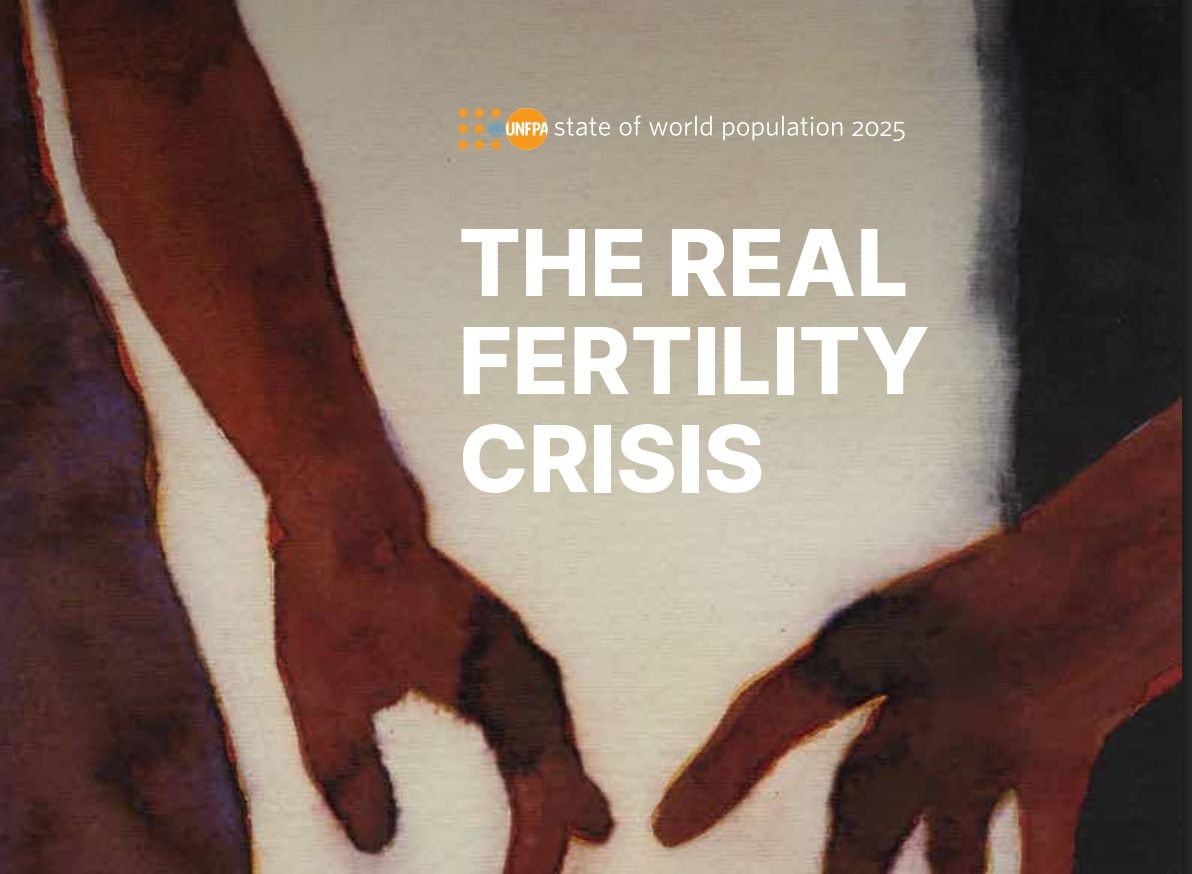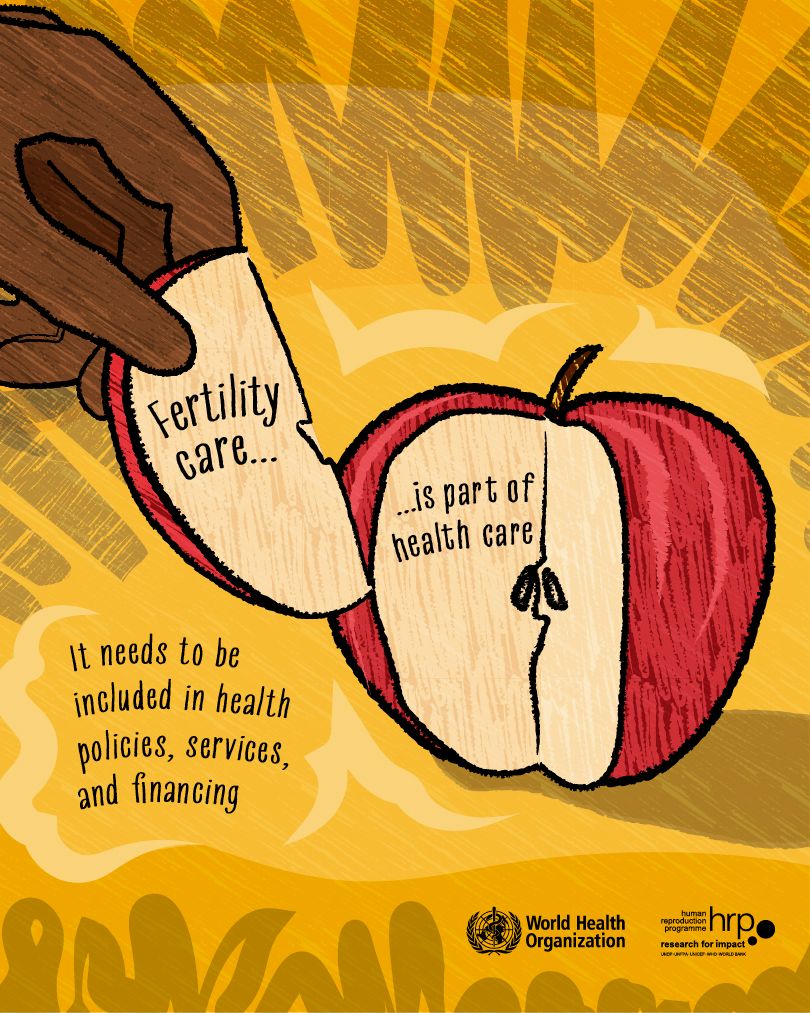UNFPA’s 2025 State of World Population Report has coined a new term: the “real fertility crisis.” This isn’t caused by people rejecting parenthood, but rather by individuals and couples wanting more children, but not being able to have them due to systemic barriers.
Nearly 1 in 5 adults across 14 surveyed countries (South Korea, Thailand, Italy, Hungary, Germany, Sweden, Brazil, Mexico, US, India, Indonesia, Morocco, South Africa, and Nigeria) – representing over one-third of the global population – believe they’ll have fewer children than desired due to:
- Financial strain: 39% cite costs as a primary barrier
- Housing insecurity and job precarity further compound the issue
- Fear of the future—driven by climate anxiety, global conflicts, and pandemics —affects 19–21% of respondents
- Gender inequality adds pressure, with childcare and domestic burdens still disproportionately borne by women
A New Framing of the Crisis
UNFPA reframes the conversation: it’s not a demographic issue of too few or too many children, but a crisis of reproductive agency, where people’s reproductive choices are hindered by socio-economic and policy limitations.
Recommended Measures
UNFPA advocates for policies that enhance empowerment and autonomy:
- Paid family leave, affordable childcare, and fertility care
- Inclusive parental support for single people and LGBTQ+ individuals
- Tackling gender norms by promoting shared caregiving and workplace flexibility
Introducing and strengthening of these measures is an essential component of upholding people’s reproductive choices and aligning demographic trends with individual aspirations.
Coalition for Fertility - a promising development
Coalition for Fertility is spotlighted in the report as a promising development, representing the kind of multi-stakeholder collaboration - across policymakers, healthcare providers, and employers - needed to break down these barriers. The Coalition exemplifies the report’s call for coordinated action to expand fertility care access, destigmatise treatment, and integrate fertility support in workplace and social policy frameworks.
Paradigm Shift
UNFPA’s 2025 report calls for a paradigm shift: from demographic alarmism or pronatalist coercion to empowerment and choice. By addressing the root causes - economic insecurity, gender inequality, lack of policy support - it offers a path forward. The Coalition for Fertility is rightly recognised as a key ally in this movement, embodying the collaborative, rights-based approach championed by the UNFPA.




